Jute Sack and Burlap Bag- XINGTAI SHUODING TRADING CO.,LTD
Jute, often referred to as the "golden fiber," has emerged as a revolutionary alternative to synthetic materials in the quest for sustainable solutions. This natural fiber, derived from plants, is not only biodegradable but also offers exceptional strength and versatility. In this article, we delve into the features of jute sacks and burlap bags, their technical specifications, and their wide-ranging applications. Additionally, we explore the company behind these products, XINGTAI SHUODING TRADING CO.,LTD, and how their commitment to sustainability aligns with global environmental goals.
Understanding Jute: A Natural Alternative
Plastic bags have long been a significant contributor to environmental pollution due to their non-biodegradable nature. Researchers and scientists have tirelessly sought alternatives to reduce this impact, and jute has proven to be a viable solution. Known as the "golden fiber," jute is a natural fiber that rivals cotton in production volume. It is harvested from the stems of plants and spun into strong, coarse threads. This unique fiber is not only durable but also decomposes naturally, making it an eco-friendly choice for various applications.
One of the key advantages of jute is its biodegradability. Unlike plastic, which can take centuries to decompose, jute products break down within a few months under natural conditions. This makes them an ideal choice for industries looking to reduce their environmental footprint. Furthermore, jute is a renewable resource, as the plants grow quickly and require minimal water and pesticides compared to other crops.
Types of Jute Bags and Their Specifications
Jute bags come in a variety of sizes and designs, each tailored to specific applications. The following table provides a detailed overview of the specifications for different types of jute bags:
| Size (cm) | Weight (g) | Application |
|---|---|---|
| 75 x 110 | 1000 | Flood prevention, packaging |
| 74 x 105 | 600 | Flood prevention, hardware packaging |
| 74 x 105 | 850 | General packaging |
| 60 x 100 | 480 | Hardware packaging |
| 60 x 100 (thick) | 600 | Heavy-duty packaging |
| 60 x 90 (medium) | 450 | Flood prevention, soil filling |
| 60 x 90 (thick) | 580 | Heavy-duty applications |
| 50 x 74 | 300 | Flood prevention, small items |
| 40 x 60 | 200 | Small item packaging |
| 74 x 107 (large) | 850 | General and heavy-duty use |
The versatility of jute bags is evident in their diverse applications. For instance, large burlap bags are commonly used for storing agricultural products like peanuts and beans, while smaller sizes are ideal for hardware packaging or flood prevention. The customizable nature of these bags allows manufacturers to tailor them to specific needs, ensuring optimal functionality for various industries.
Advantages of Jute Bags: Sustainability and Strength
Jute bags offer a multitude of advantages that make them a preferred choice over synthetic alternatives. One of the most significant benefits is their environmental sustainability. As a biodegradable material, jute reduces the burden on landfills and minimizes pollution. Additionally, the production of jute requires less energy and water compared to synthetic fibers, further contributing to its eco-friendly profile.
Another key advantage of jute bags is their durability. Despite being a natural fiber, jute is remarkably strong and can withstand heavy loads. This makes them suitable for a wide range of applications, from agricultural packaging to industrial use. The coarse texture of jute fibers also provides excellent grip, making them ideal for carrying items that may be prone to slipping.
Jute bags are also cost-effective. As one of the most affordable natural fibers, jute offers an economical solution for businesses looking to reduce costs without compromising on quality. This affordability, combined with their durability and sustainability, makes jute bags a popular choice in both developed and developing markets.
Applications of Jute Sacks and Burlap Bags
The applications of jute sacks and burlap bags are vast and varied, spanning multiple industries. In agriculture, they are commonly used for storing and transporting crops, ensuring that produce remains protected from moisture and pests. Their breathability allows for proper ventilation, which is crucial for preserving the quality of agricultural products.
In the construction industry, jute bags are used for flood prevention and soil stabilization. Their strength and durability make them ideal for holding sand and gravel, providing temporary barriers against water. Additionally, jute bags are employed in landscaping for soil filling and erosion control, showcasing their versatility in environmental management.
The retail sector also benefits from the use of jute bags. As consumers become more environmentally conscious, the demand for reusable and sustainable shopping bags has increased. Jute tote bags, in particular, have gained popularity as a stylish and eco-friendly alternative to plastic bags. Their customizable nature allows brands to incorporate logos and designs, enhancing their appeal as promotional items.
Company Background: XINGTAI SHUODING TRADING CO.,LTD
Founded in 2010, XINGTAI SHUODING TRADING CO.,LTD has established itself as a leading supplier of jute products. Located in Hebei Province, China, the company specializes in the production and distribution of jute sacks, burlap bags, and other related items. With a commitment to quality and sustainability, XINGTAI SHUODING has built a reputation for providing reliable and eco-friendly solutions to its customers.
The company's product range includes a wide variety of jute bags, catering to different industries and applications. From large sacks for agricultural use to small bags for retail and promotional purposes, XINGTAI SHUODING offers customized solutions that meet the specific needs of its clients. Their dedication to innovation and customer satisfaction has enabled them to expand their market reach and establish partnerships with businesses worldwide.
XINGTAI SHUODING's commitment to sustainability is evident in their production processes. By utilizing natural jute fibers and minimizing the use of synthetic materials, they contribute to reducing environmental impact. The company also adheres to strict quality control standards to ensure that their products meet the highest levels of durability and performance.
Why Choose Jute Sacks and Burlap Bags?
Choosing jute sacks and burlap bags offers numerous benefits that align with modern environmental and economic priorities. Their biodegradability and renewability make them an excellent choice for businesses and consumers looking to reduce their carbon footprint. Additionally, the strength and versatility of jute ensure that these products can be used in a wide range of applications, providing long-term value.
Another compelling reason to choose jute bags is their aesthetic appeal. The natural texture and earthy tones of jute add a rustic charm to any product, making them a popular choice for eco-conscious consumers. Whether used as shopping bags, packaging materials, or decorative items, jute bags offer a unique blend of functionality and style.
Furthermore, the cost-effectiveness of jute bags makes them an attractive option for businesses. By opting for jute instead of plastic or synthetic alternatives, companies can reduce their expenses while also enhancing their brand image as environmentally responsible entities. This dual benefit makes jute bags a smart investment for organizations committed to sustainability.
Future of Jute Products: Innovation and Growth
The future of jute products looks promising as the demand for sustainable alternatives continues to grow. With increasing awareness about environmental issues, more industries are turning to jute as a viable solution. Innovations in production techniques and design are further enhancing the appeal of jute products, making them more accessible and appealing to a broader audience.
As technology advances, the potential applications of jute are expanding. Researchers are exploring new ways to enhance the properties of jute fibers, such as improving their resistance to moisture and pests. These advancements are expected to open up new markets for jute products, further solidifying their position as a key player in the sustainable materials industry.
Conclusion
Jute sacks and burlap bags represent a sustainable and versatile solution for a wide range of applications. Their biodegradability, durability, and cost-effectiveness make them an ideal choice for businesses and consumers alike. With the support of companies like XINGTAI SHUODING TRADING CO.,LTD, the future of jute products looks bright. As the world continues to seek eco-friendly alternatives, jute is poised to play a significant role in shaping a more sustainable future.
Product Images
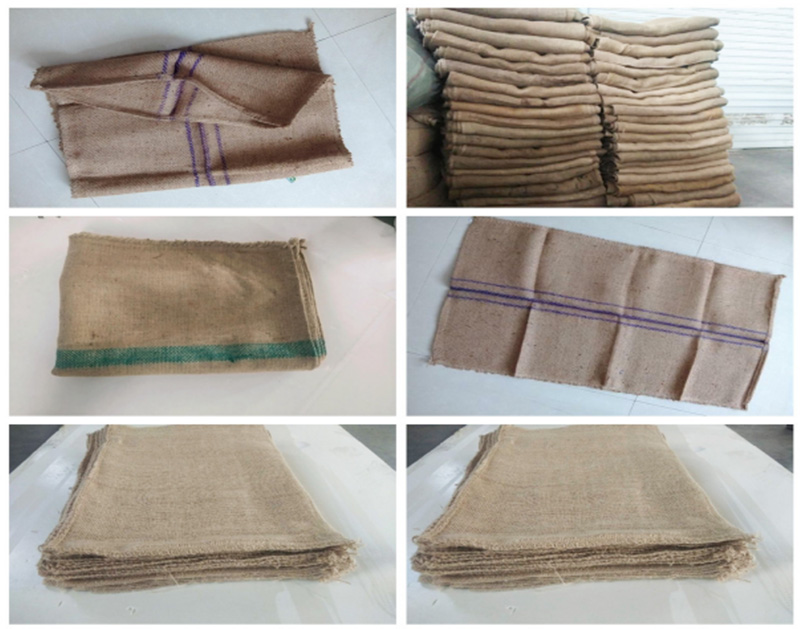
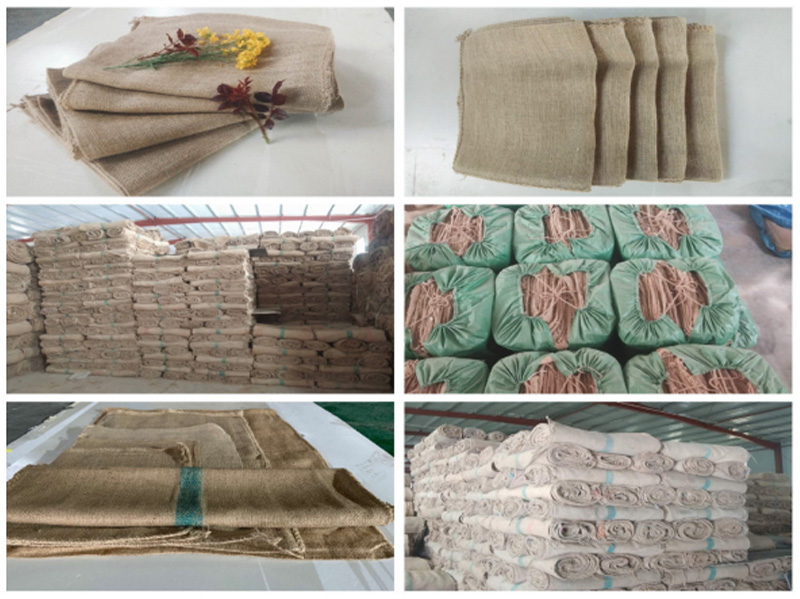
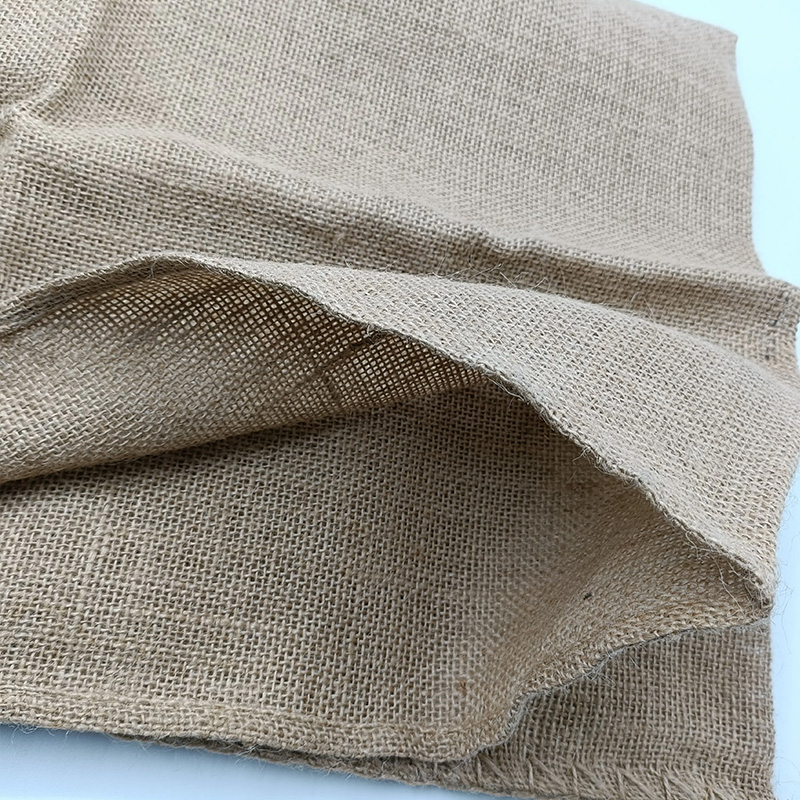
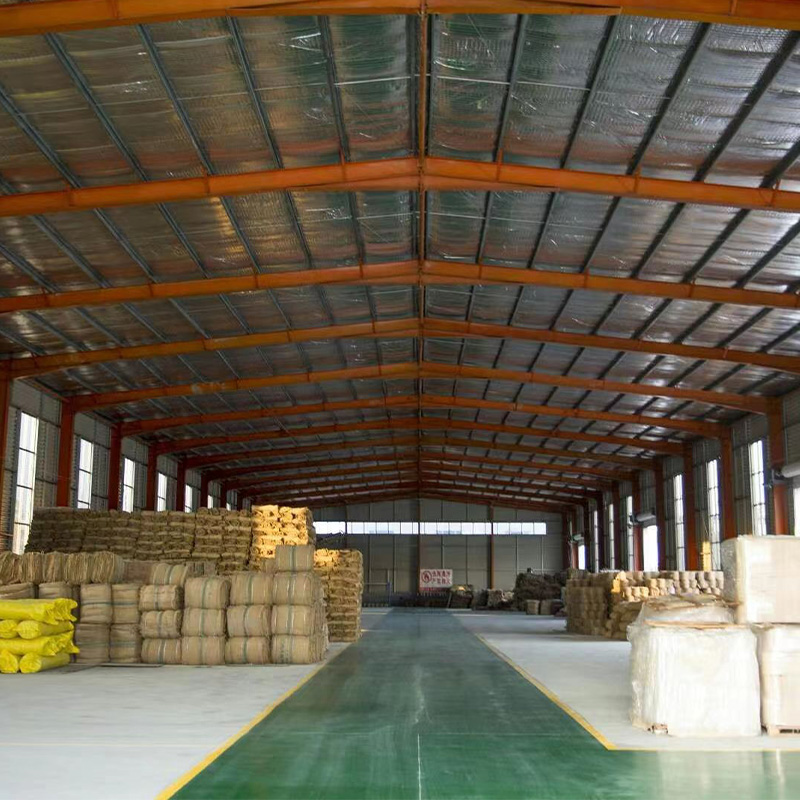
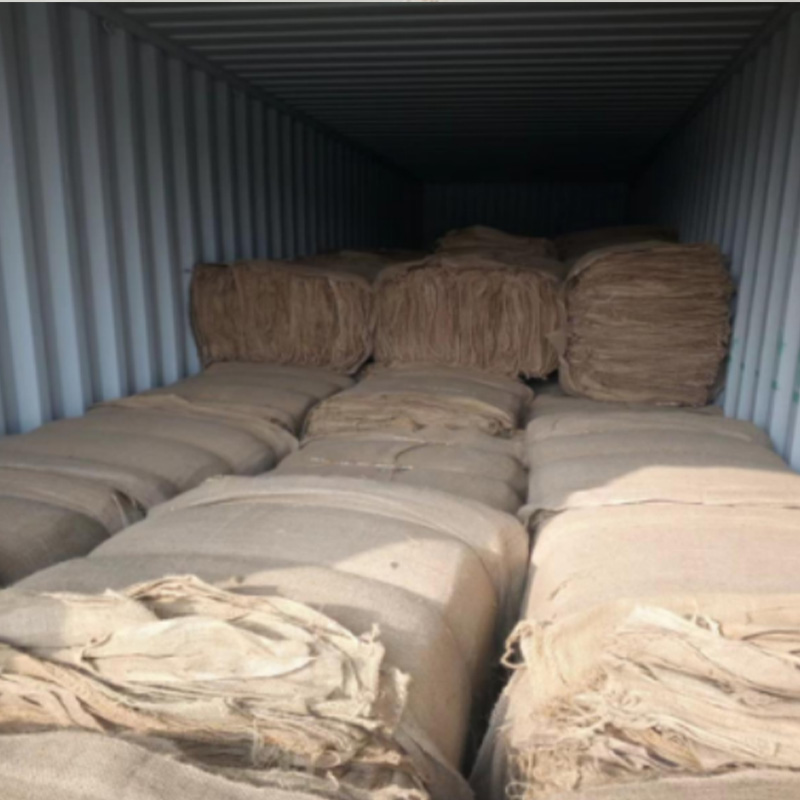
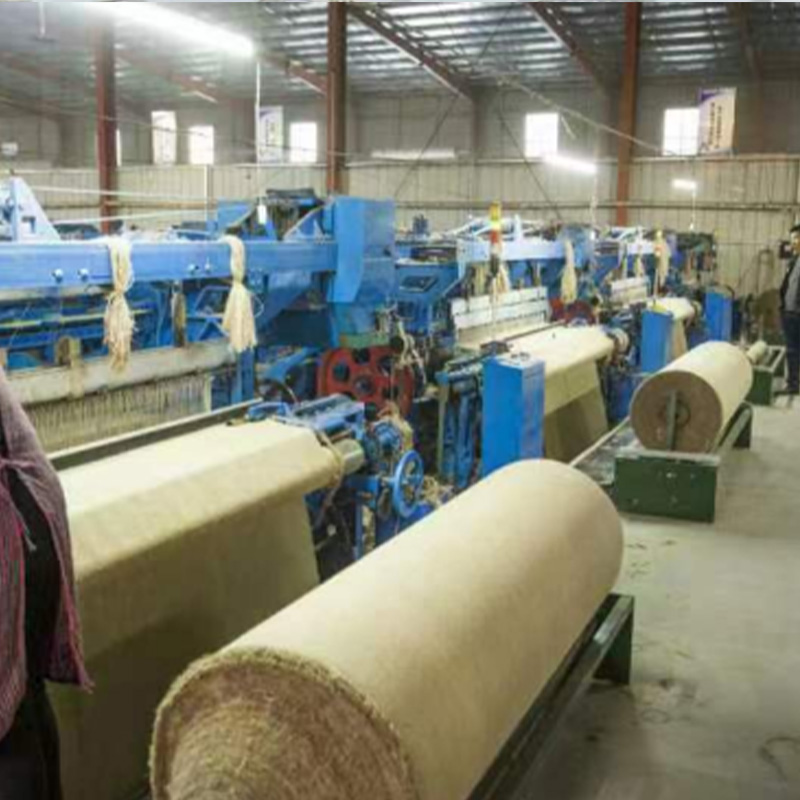
References
[1] NIST, "NIST's Role in Sustainable Materials Research," https://www.nist.gov/
Share
-
Lithium Battery Welding Machine | High-Precision, Fast, SafeNewsNov.17,2025
-
Aluminium Guide Roller | Anodized, Lightweight, Low-NoiseNewsNov.17,2025
-
Tofu Cat Litter Bulk – Eco, Low-Dust, Fast Clumping SupplyNewsNov.17,2025
-
Equipment for Lithium Cell Assembly | Automated & PreciseNewsNov.10,2025
-
Square File Tool – Precision Cut, Hardened Steel, VersatileNewsNov.10,2025
-
Lithium Ion Battery Assembly Machine | Automated, High-SpeedNewsNov.10,2025







